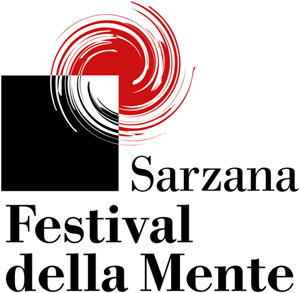2014 Programme
Event #2
Francesco M. Cataluccio
The Epidemic of Immaturity: from Peter Pan to Harry Potter
studied the Philosophy and History of Ideas in Florence and Warsaw. He started working in publishing in 1989, and since 2010 he has been in charge of Frigoriferi Milanesi’s cultural programmes. He contributes to Il Sole 24 Ore’s Sunday supplement, Doppiozero and il Post.it. He has written the following: Immaturità. La malattia del nostro tempo (Einaudi, 2004; new revised and enlarged edition, 2014); Vado a vedere se di là è meglio (Sellerio, 2010); Che fine faranno i libri? (Nottetempo, 2010); Chernobyl (Sellerio,2011); L’ambaradan delle quisquiglie (Sellerio, 2012); La memoria degli Uffizi (Sellerio, 2013).
Event #20
Paolo Cornaglia Ferraris, Marcello Massimini
The Secret of the Consciousness and its Measurement






















